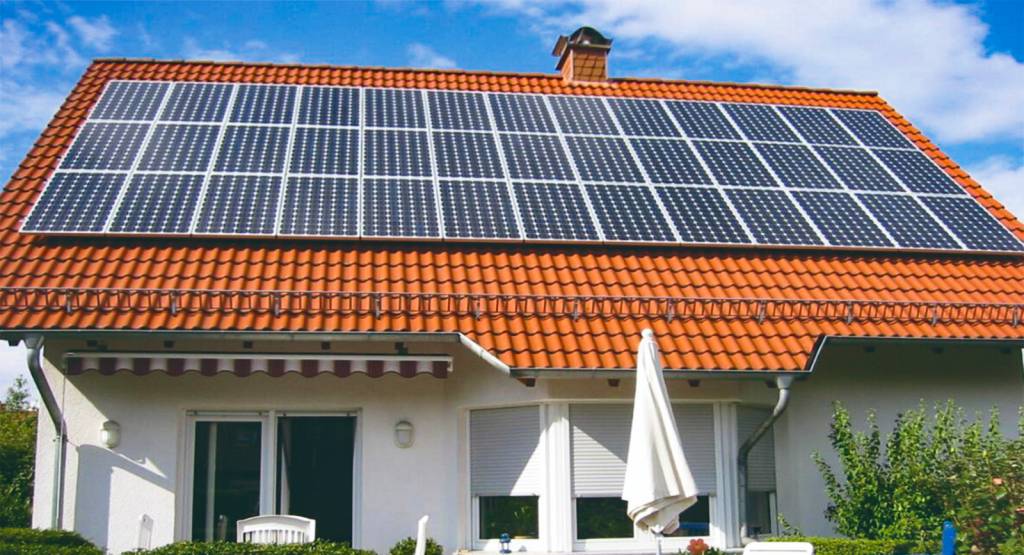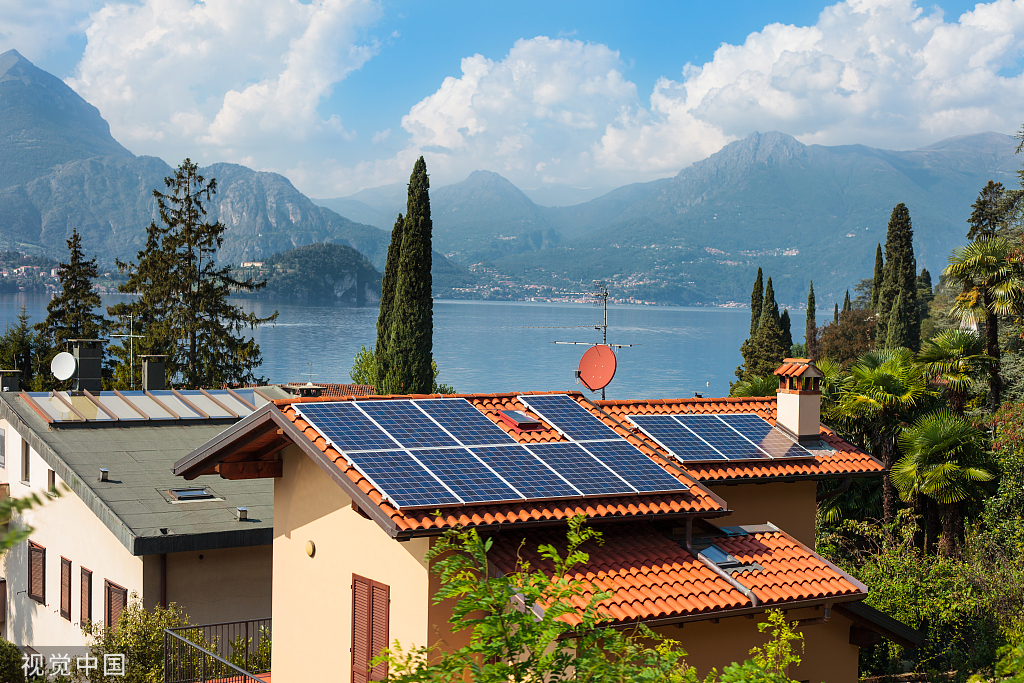A home energy storage device, also known as an electric energy storage product or battery energy storage system (BESS), is a technology that stores electrical energy for later use. These devices typically consist of rechargeable batteries (such as lithium-ion or lead-acid batteries) and inverters that work together to ensure stability and continuity of the power supply.
Advantages of home energy storage system:
At the national level:
Overcoming transmission losses: By encouraging households to generate and store their own electricity, external transmission can be reduced, thereby reducing transmission losses and improving grid efficiency.

Grid support: Home energy storage systems, if connected to the grid, can provide a power supply response during peak hours, reducing the use of inefficient diesel generation.
Reduce the use of fossil energy: Through home independent power generation and storage, electricity efficiency can be greatly improved and fossil energy generation technology can be phased out.
However, home energy storage systems also have some shortcomings:
Environmental impact of batteries: Early home energy storage systems used lead-acid batteries, although the recycling rate is high, but lead and sulfuric acid electrolytes have a certain harm to the environment. Although lithium-ion batteries have a long service life, they are not recyclable (or difficult to recycle), and elements such as nickel, cadmium, and manganese contained in some lithium-ion batteries will also pollute the environment.
At the family level:
High upfront costs: Battery costs are still high, with prices between $400 and $700 per kilowatt-hour.

Complex installation: Some home energy storage systems require additional inverters and intelligent monitoring equipment, resulting in a relatively complex installation process.
Large footprint: The size of a system is usually large (about 500x250x700mm, not including solar panels), and currently only single-family houses can meet its required storage space.
Although the home energy storage system has some shortcomings, its advantages in improving the stability of power supply, reducing transmission losses, and reducing the use of fossil energy make it one of the important directions for the development of the future power industry. With the continuous progress of technology and cost reduction, it is expected that home energy storage equipment will be more widely used and popularized in the future.
At the family level:
Reduce energy costs: By generating and storing electricity independently, the cost of electricity on the grid can be significantly reduced.
Avoid peak electricity prices: Energy storage batteries can store electricity during low peak consumption periods and discharge during peak consumption periods, thereby avoiding the impact of peak electricity prices.
Achieve electricity independence: use solar power for storage during the day, use at night, and can be used as backup power in the event of a sudden power outage.
